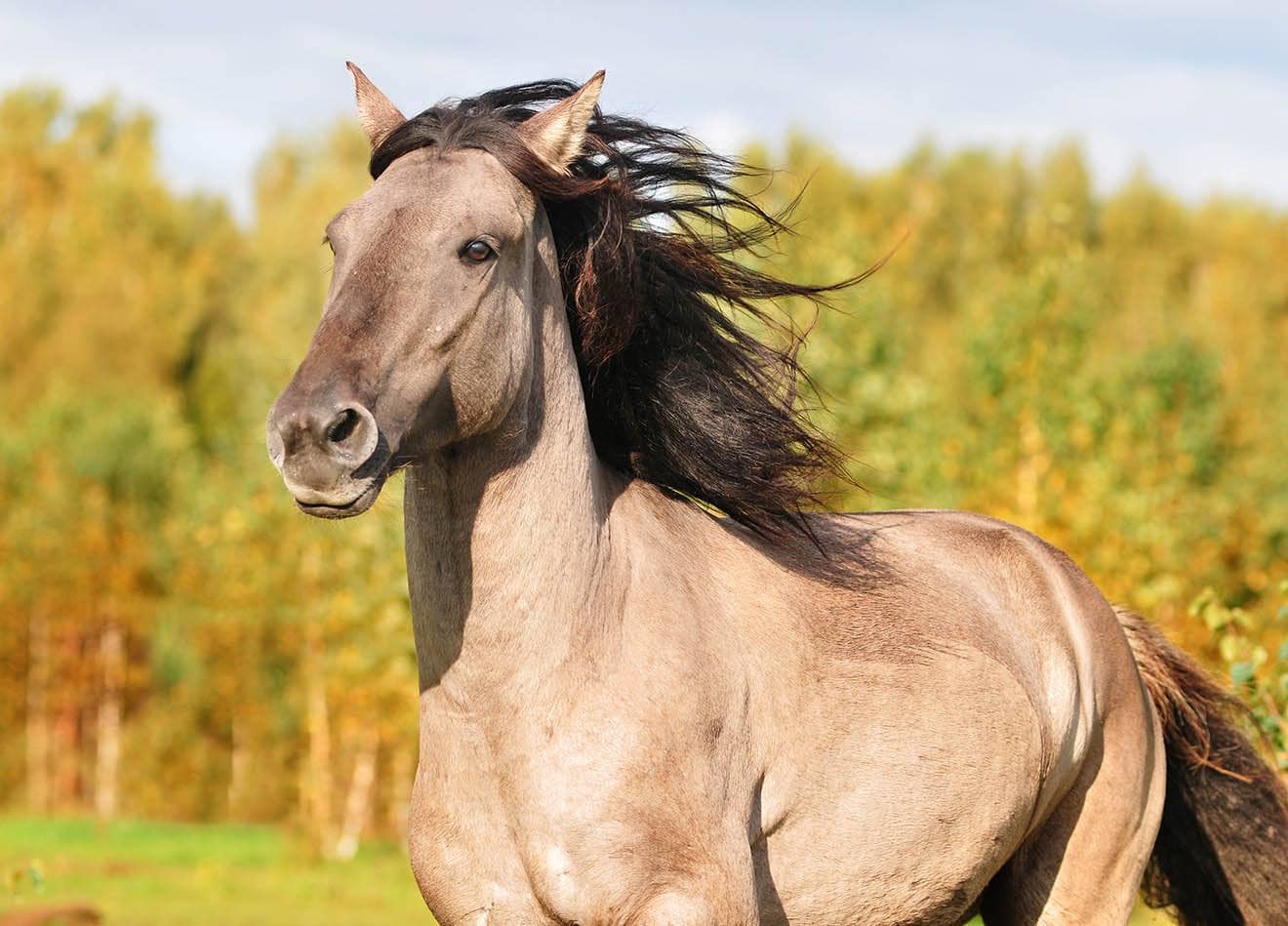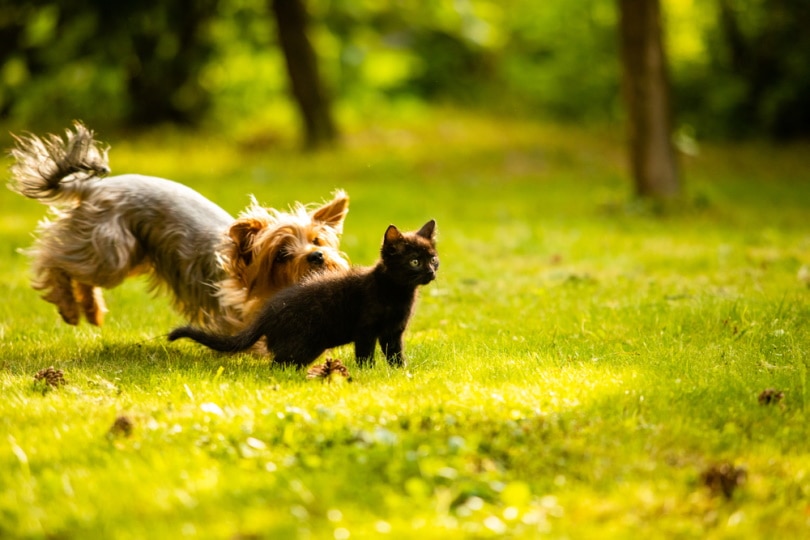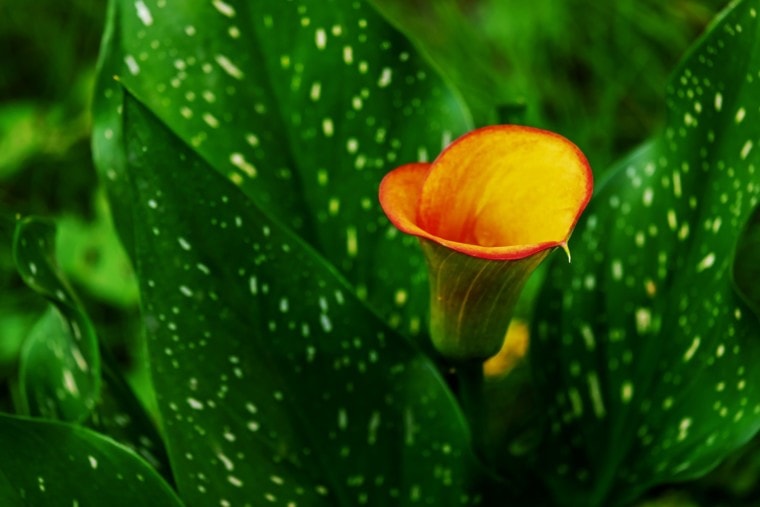
Calla lilies are a popular lily that you will find in many gardens across the United States, and it also makes a great potting plant. It is easy to grow and has stunningly beautiful flowers that come in many colors, including red and white. Since they are so popular, many cat owners wonder if they’re poisonous to their pets.
Unfortunately, calla lilies are poisonous to cats and dogs, and you should try to keep your pets away from them whenever possible. Keep reading while we discuss why these lilies are toxic, as well as how you can tell if a cat got into them so you can keep your pet safe and healthy.
 Are Calla Lilies Poisonous?
Are Calla Lilies Poisonous?
Yes. According to the ASPCA, calla lilies are toxic to cats because they contain insoluble calcium oxalates. Besides calla lilies, you will find insoluble calcium oxalates in the peace lily, arrowhead, philodendron, Chinese evergreen, golden pothos, and many others.
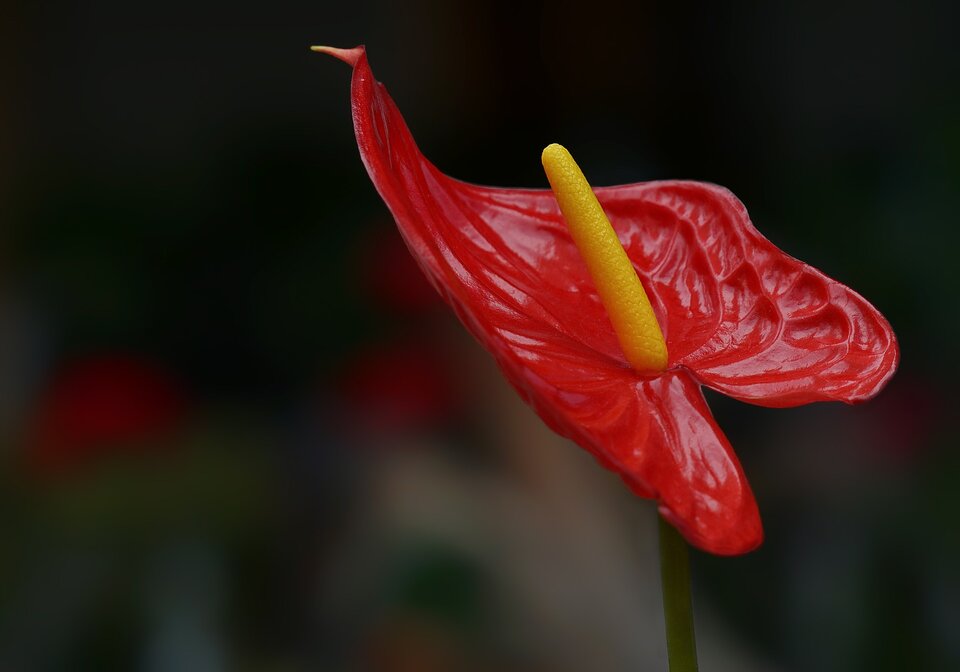
Signs of Insoluble Calcium Oxalate Poisoning
When your cat bites into calla lilies or other plants containing insoluble calcium oxalates, it releases the microscopic crystals, which immediately begin cutting into your pet’s mouth. The crystals will also work their way into the GI tract tearing into the mucosal tissue along the way. If your cat got into some calla lilies, one of the first signs is likely to be mouth pain and irritation, followed by drooling. Many cats will also start scratching at their mouth, and some may even begin to vomit or even, in rare cases, they might suffer from swelling in the upper airways that make it difficult to breathe. It’s highly likely your cat will also experience a decreased appetite until the mouth heals.
What Do I Do If My Cat Eats Calla Lilies?
Often when a cat bites into calla lilies, the crystals do their work immediately. As a result, the cat quickly realizes they did something wrong, so it’s not likely to consume a lot, and reactions are minor in most cases. Your cat will usually walk around with their mouth open after biting into the plant because it hurts to close it, which causes the cat to start drooling and sometimes paw at its mouth. Seeing your cat like this can be alarming, but it’s important to stay calm and flush your cat’s mouth with bone broth, goat’s milk, or cat milk. In some cases, the crystals can reach the eyes and cause eye irritation. If this is the case or if you notice your cat is having signs of difficulty breathing, please bring your cat to the vet with a picture of the plant.
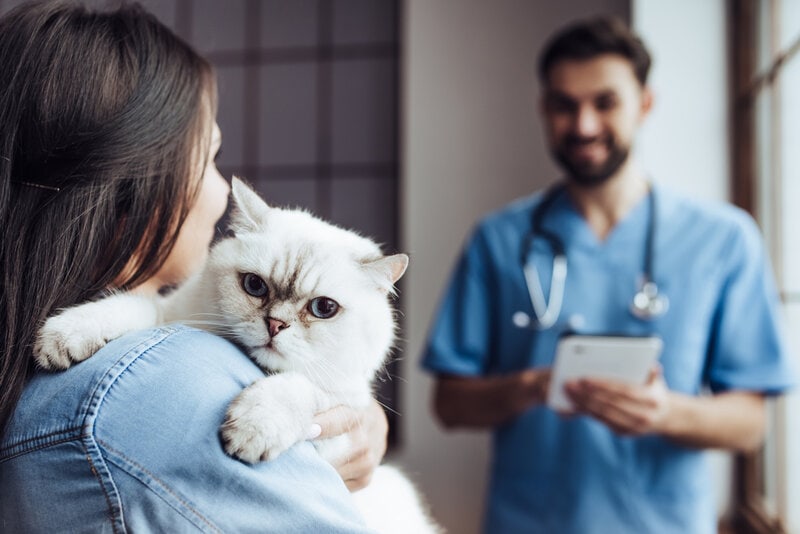
Will Intoxication from Calla Lilies Cause Kidney Failure?
Eating calla lilies will not cause kidney failure because these are not true lilies. True lilies belong to the Liliaceae family, which contains more than 600 species of lily, and these plants can cause kidney failure if your cat eats them. Calla lilies belong to the Araceae family and cause problems for your cat by cutting up the tissue along the gastrointestinal tract. Most of the damage is around the mouth area. However, please note that cats with chronic kidney disease and dehydration who ingest large amounts of calla lilies would be at greater risk. This case is very unlikely, as cats that have a bite of the calla lily and get irritated will normally not continue ingesting it.
 Summary
Summary
Eating calla lilies will quickly tear up the mouth of your pet, and some of their crystals can travel further into the gastrointestinal tract causing severe damage, especially if your pet manages to eat a lot. Luckily, most cats know they’ve done something wrong immediately and quickly run away from the plant, so only minor damage occurs. Flush your cat’s mouth to help your pet return to normal and keep an eye on other signs that may indicate the need for a trip to the vet. Though they may be beautiful, we recommend avoiding the temptation to plant calla lilies, peace lilies, and all real lilies in your cat’s territory.
See also:
- Are Succulents Poisonous to Cats? What You Need to Know!
- Are Tulips Toxic to Cats? What You Need to Know!
Featured Image Credit: Pixabay

 Are Calla Lilies Poisonous?
Are Calla Lilies Poisonous?
 Summary
Summary